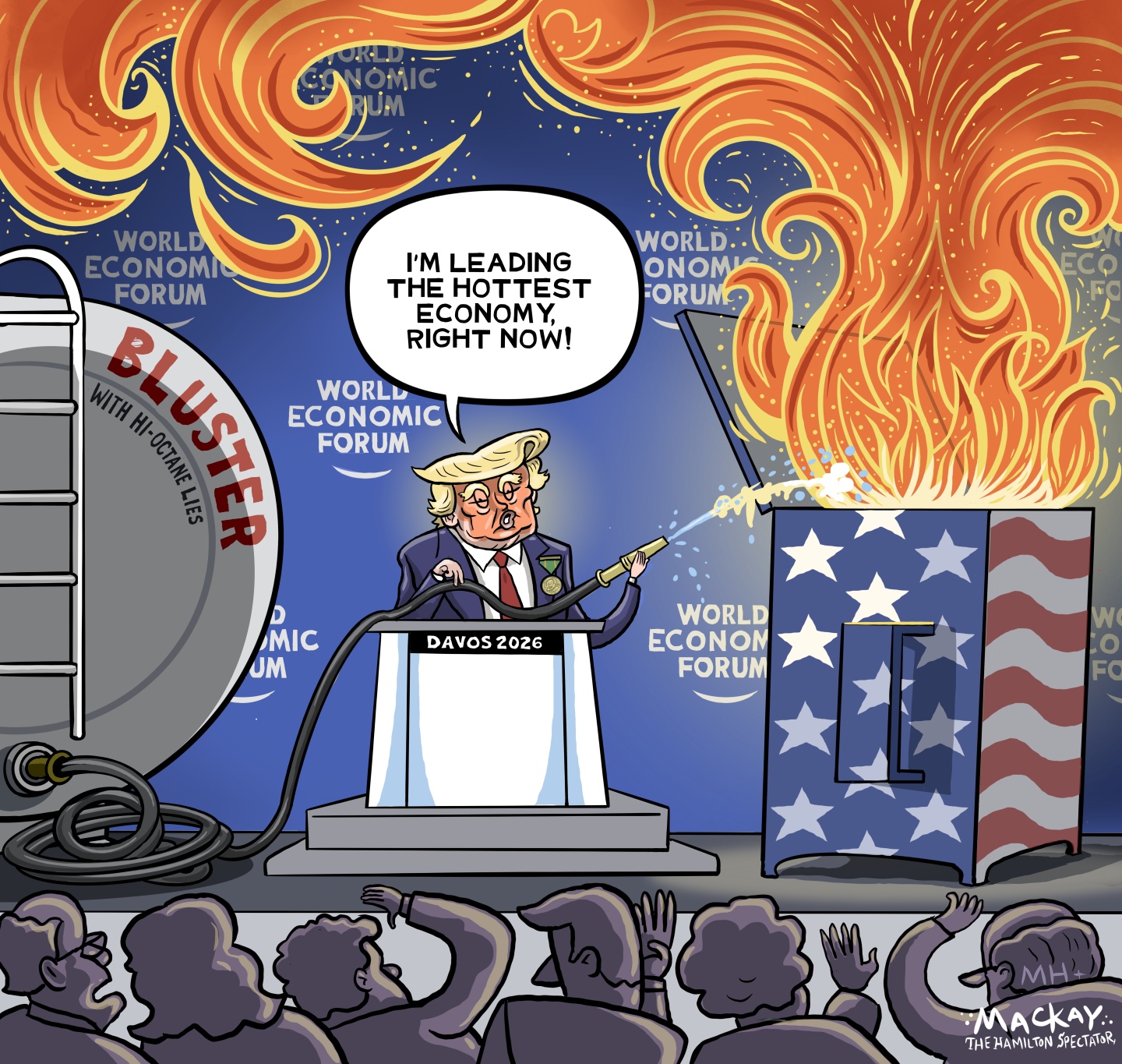The rise of the G-20
Has the global financial crisis killed the elite G-8 club?
What happened
The Group of 20 wealthy and developing nations, meeting in Pittsburgh, is set to replace the Group of Eight as the self-appointed caretakers of the global economy. The supplanting of the G-8 reflects the rise in economic importance of China, Brazil, and India. The G-20’s Pittsburgh summit is its third top-level gathering since November (Los Angeles Times).
What the commentators said
The Week
Escape your echo chamber. Get the facts behind the news, plus analysis from multiple perspectives.

Sign up for The Week's Free Newsletters
From our morning news briefing to a weekly Good News Newsletter, get the best of The Week delivered directly to your inbox.
From our morning news briefing to a weekly Good News Newsletter, get the best of The Week delivered directly to your inbox.
Welcome to the “new world economic order,” said Lesley Wroughton in Reuters. The G-20 was formed in 1999 so the finance ministers of the wealthy G-7 Western nations could talk with their counterparts in the wider world, but the global financial crisis bumped it up to a “leaders-level forum.” The biggest surprise is the speed with which Europe—which will lose the most power in the shift—seems set to agree to cementing the G-20’s ascendance.
Don’t count on that, said Niv Elis in Forbes. “Now that the world’s recession is drawing to a close,” this could be “the G-20’s final hurrah.” The “remaining items on its agenda” will be better dealt with in other, “more appropriate” forums: the G-7 for financial regulation; the WTO for trade; the “G-2”—the U.S. and China—for issues relating to the “world’s greatest debtor and creditor,” respectively; and the IMF for just about everything else.
No, the G-20 still has a lot of work to do, said The New York Times in an editorial. The member nations are rightly “sharing credit for avoiding the economic abyss,” but if they’re going to finish the job, they need to move from the “united front” they displayed to “quell panic” in the markets, to tackling the “vexing and divisive” steps needed to solve the underlying problems, such as derivatives regulation, that no country can solve on its own.
A free daily email with the biggest news stories of the day – and the best features from TheWeek.com
-
 6 exquisite homes for skiers
6 exquisite homes for skiersFeature Featuring a Scandinavian-style retreat in Southern California and a Utah abode with a designated ski room
-
 Film reviews: ‘The Testament of Ann Lee,’ ’28 Years Later: The Bone Temple,’ and ‘Young Mothers’
Film reviews: ‘The Testament of Ann Lee,’ ’28 Years Later: The Bone Temple,’ and ‘Young Mothers’Feature A full-immersion portrait of the Shakers’ founder, a zombie virus brings out the best and worst in the human survivors, and pregnancy tests the resolve of four Belgian teenagers
-
 Political cartoons for January 25
Political cartoons for January 25Cartoons Sunday's political cartoons include a hot economy, A.I. wisdom, and more